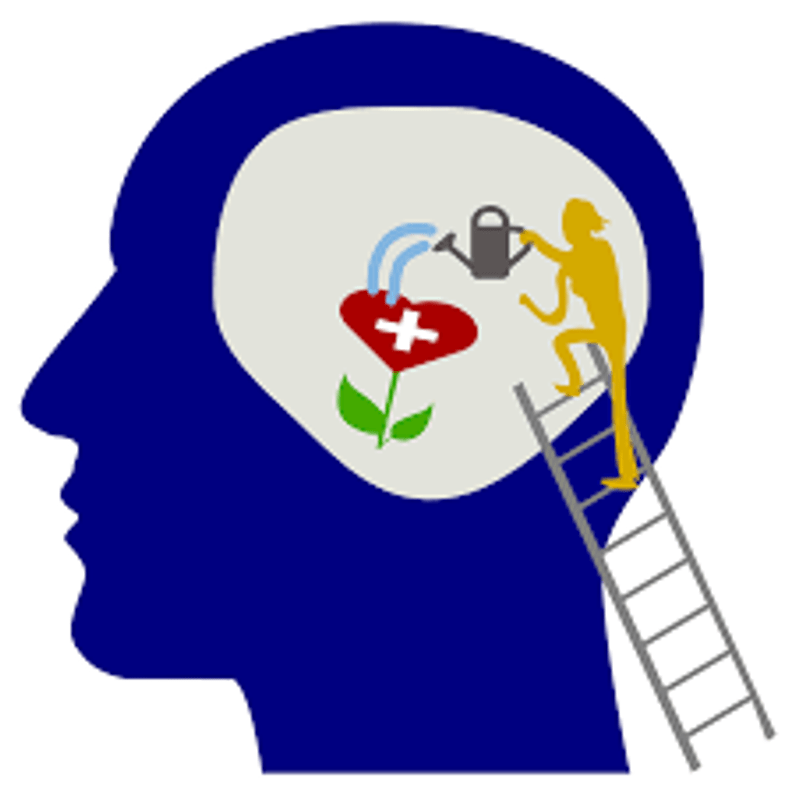The Powerful Link Between Movement, Exercise, and Mental Health: How Physical Therapy Can Bridge the Gap
Mental Health is often neglected amidst the chaos of daily life. However, the connection between our physical well-being and mental health is profound and cannot be overstated. Our ability to move and exercise plays a crucial role in maintaining optimal mental well-being, yet many individuals face limitations in physical mobility. Here, we explore the intricate relationship between movement, exercise, and mental health, highlighting the pivotal role of physical therapy or occupational therapy has in overcoming physical barriers to exercise.
The Connection Between Movement, Exercise, and Mental Health
Physical activity has long been recognized as a powerful tool for improving mental health. Engaging in regular exercise releases endorphins, neurotransmitters that act as natural mood elevators, reducing stress and anxiety while enhancing overall feelings of well-being. Exercise also promotes better sleep, boosts self-esteem, and provides a healthy outlet for managing emotions.
However, for individuals with physical limitations, whether due to injury, illness, or disability, the ability to exercise may be hindered. Limited mobility can lead to feelings of frustration, isolation, and decreased quality of life, exacerbating mental health challenges such as depression and anxiety.
The Role of Therapy in Overcoming Physical Limitations
Physical Therapy (PT) and Occupational Therapy (OT) are invaluable resources for individuals facing physical limitations. PT focuses on improving movement, strength, and mobility, while OT helps individuals develop or regain skills needed for daily activities and meaningful occupations.
Through tailored exercise programs, PT aims to enhance physical function, alleviate pain, and improve overall quality of life. By targeting specific areas of weakness or dysfunction, PT empowers individuals to regain independence and participate in activities they enjoy, including exercise.
Similarly, OT addresses the barriers to exercise by incorporating adaptive strategies and equipment to facilitate movement and engagement in physical activities. OT practitioners work closely with individuals to identify personalized goals and develop strategies to overcome physical challenges, whether through modified exercise techniques or assistive devices.
The Synergy of Physical and Mental Health Therapies
By addressing physical limitations through PT and OT, individuals can experience significant improvements in both physical function and mental well-being. The ability to engage in regular exercise not only promotes physical health but also fosters a sense of accomplishment, empowerment, and social connection.
Moreover, therapy sessions provide a supportive environment for individuals to express their concerns, receive guidance, and develop coping strategies for managing the psychological impact of their physical limitations. Therapists offer invaluable support and encouragement, empowering individuals to overcome challenges and pursue a fulfilling, active lifestyle.
In conclusion, the relationship between movement, exercise, and mental health is undeniable. Regular physical activity is a cornerstone of mental well-being, yet many individuals face barriers to exercise due to physical limitations. Physical therapy and occupational therapy play a crucial role in bridging this gap, empowering individuals to overcome physical challenges and reap the mental health benefits of exercise. By addressing both physical and mental health needs, therapy facilitates holistic healing and enhances overall quality of life.
Related Blog Posts:
Got Back Pain? Physical Therapy May Be The Answer
Weight Loss and Physical Therapy
Additional Information:
Mental Health, Physical Activity and Physical Therapy (Physiopedia)
Recent Posts
-
How Occupational and Hand Therapists Perform Initial Hand Function Evaluations
When a patient begins hand therapy—whether recovering from an injury, surgery, or neurolo …Apr 6th 2025 -
What to Expect During Hand Therapy: A Guide for Patients and Caregivers
If you’re starting hand therapy—whether after surgery, a stroke, or a neurological …Apr 6th 2025 -
Improve Hand Function and Dexterity with the Neofect Smart Pegboard
The Neofect Smart Pegboard is a revolutionary tool in the field of occupational therapy. I …Mar 25th 2025



